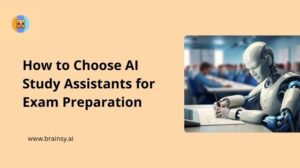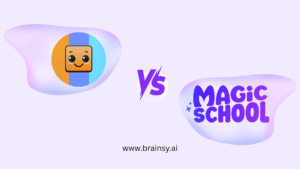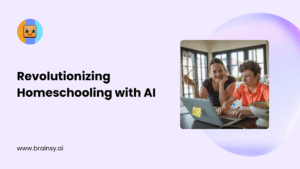The landscape of education is undergoing a transformation that is both profound and exhilarating. At the heart of this transformation is the advent of AI learning platforms, a technological innovation that promises to redefine the contours of learning and teaching. As we embark on this AI Learning Platforms journey to explore the revolutionary impact of these platforms, it’s essential to understand not just their operational mechanics but also the myriad ways they enrich the educational experience for learners and educators alike.
Introduction to AI Learning Platforms
Unveiling the Future: The Rise of AI Learning Platforms
These learning platforms are at the forefront of the educational revolution, introducing a new paradigm that leverages artificial intelligence to facilitate a personalized, engaging, and efficient learning experience. These platforms harness the power of AI to analyze learning patterns, adapt to individual learner needs, and provide customized content and feedback. The essence of an AI learning platform lies in its ability to transform vast amounts of data into actionable insights, thereby making learning a more targeted and effective process.
Revolutionizing Education: The Evolution from One-Size-Fits-All to Personalized Learning
The inception of these learning platforms marks a significant departure from traditional educational models. Where once the one-size-fits-all approach reigned supreme, we now see the rise of a system that honors the uniqueness of each learner, adapting in real-time to serve their specific learning journey. This shift not only democratizes education, making it more accessible and equitable, but also enhances the joy of learning, by making it more relevant and engaging for students of all ages.
Empowering Learners: The Promise of AI Learning Platforms
At their core, these learning platforms are about harnessing the potential of technology to empower learners and educators. By integrating artificial intelligence into the educational fabric, these platforms promise to unlock new possibilities for personalized learning, continuous assessment, and interactive engagement, setting the stage for a future where education is not just about imparting knowledge, but about fostering a lifelong love for learning.
The Benefits of Using an AI Learning Platform
The adoption of AI learning platforms brings with it a plethora of benefits that transform the educational experience. First and foremost, these platforms offer unprecedented personalization. Each learner’s journey is unique, and these learning platforms excel in tailoring content, pacing, and feedback to meet individual needs, thereby maximizing learning efficiency and effectiveness.
Furthermore, AI learning platforms facilitate a more engaging learning experience. Through interactive content, gamification, and real-time feedback, these platforms keep learners motivated and invested in their educational journey. This heightened engagement is crucial in fostering deep learning and retention of knowledge.
Moreover, AI learning platforms provide invaluable insights into learning patterns and progress. Educators and learners alike can track progress, identify areas of strength and weakness, and adjust learning strategies accordingly. This continuous feedback loop is instrumental in creating a more responsive and adaptive learning environment.
How AI Learning Platforms Are Revolutionizing Education
Personalized Learning Redefined: The Power of AI Learning Platforms
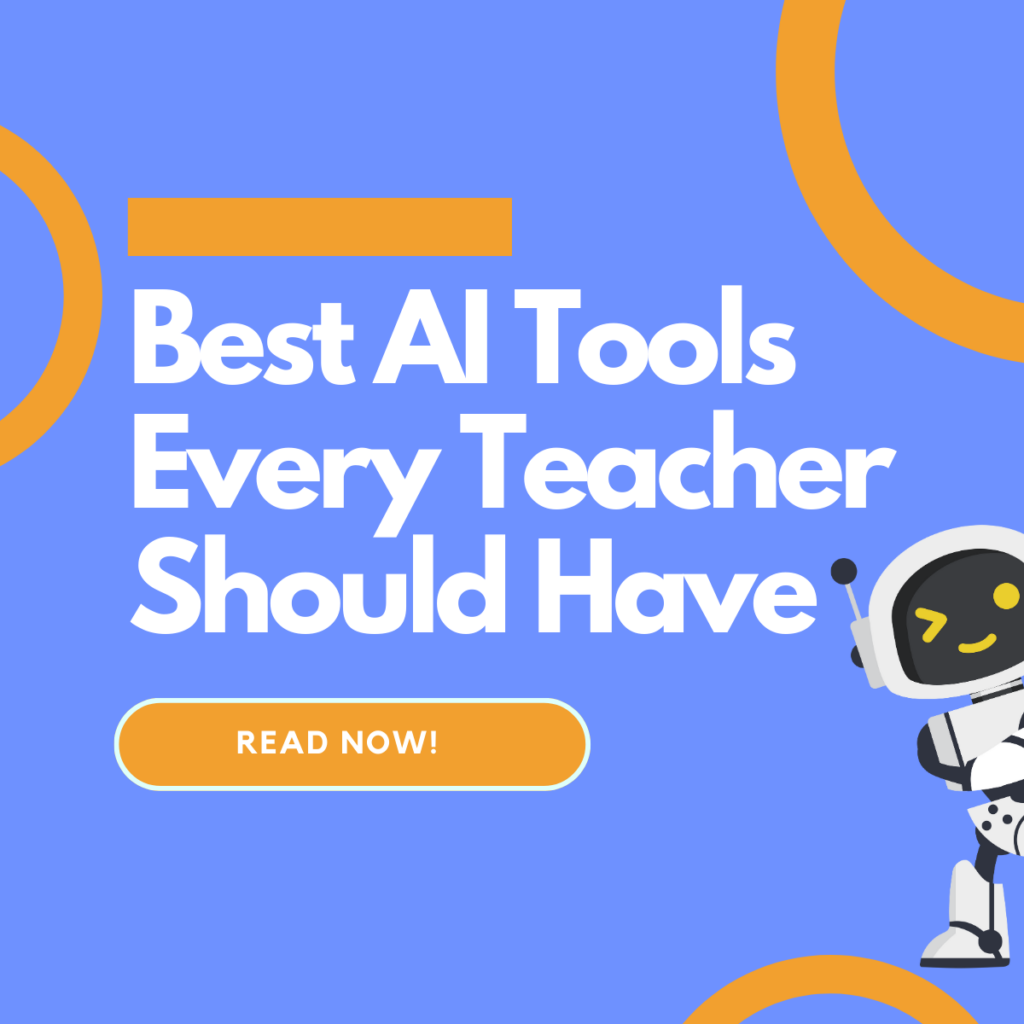
The revolution brought about by AI learning platforms in education is multifaceted. By personalizing the learning experience, these platforms ensure that education is accessible and effective for a diverse range of learners. The adaptability of these AI learning platforms means that learners who might have been marginalized by traditional educational models now have the opportunity to thrive.
Insights Unveiled: How AI Learning Platforms Revolutionize Learning Assessment
Additionally, these learning platforms are redefining the role of educators. With AI taking on the task of delivering personalized content and assessments, educators are free to focus on what they do best: inspiring, mentoring, and facilitating deep learning. This shift not only enhances the quality of education but also AI tools for the teaching profession by emphasizing the human elements of empathy, creativity, and inspiration.
Engagement Elevated: Transforming Education Through AI-driven Interaction
The global reach of AI learning platforms is also democratizing education, breaking down geographical and socio-economic barriers. Learners from around the world can access high-quality education, interact with peers across borders, and prepare for a globalized future. This universal access is pivotal in leveling the educational playing field and fostering a more inclusive world.
Understanding the Role of Machine Learning and Deep Learning in AI Learning Platforms
Empowering Diversity: The Inclusive Impact of AI Learning Platforms
At the heart of these learning platforms are two critical technologies: machine learning and deep learning. Machine learning, a subset of AI, enables these platforms to learn from data, identify patterns, and make decisions with minimal human intervention. This capability is crucial in personalizing the learning experience, as machine learning algorithms can analyze a learner’s interactions and tailor content accordingly.
Liberating Educators: AI’s Role in Elevating Teaching Excellence
Deep learning, a more advanced subset of machine learning, involves neural networks that mimic the human brain’s structure and functioning. Deep learning enables these learning platforms to process and interpret complex data, understand natural language, and provide increasingly human-like responses. This technology underpins features like natural language processing and sentiment analysis, enhancing the platform’s ability to engage with learners more naturally and intuitively.
Breaking Boundaries: The Global Reach of Learning Platforms
The synergy between machine learning and deep learning in these learning platforms is what makes these technologies so powerful in the educational context. They enable platforms to not only adapt and personalize learning at scale but also to continuously evolve and improve based on learner feedback and interaction. This dynamic, self-improving model is what sets these learning platforms apart and is key to their revolutionary impact on education.
Exploring the Features of AI Learning Platforms
Personalized Learning Paths: Tailoring Education to Every Learner
AI learning platforms boast a wide array of features designed to enhance the learning experience. Personalized learning paths are perhaps the most significant, allowing learners to progress at their own pace and according to their own interests and needs. This personalization extends to content delivery, with AI algorithms curating and recommending resources that match the learner’s level and learning style.
Engaging Experiences: Interactive Learning with AI Platforms
Interactive and immersive content is another hallmark of these learning platforms. Through simulations, virtual reality, and gamified learning experiences, these platforms make learning more engaging. Additionally, real-time feedback and assessments enable learners to understand their progress, identify gaps, and receive the support they need to overcome challenges.
Building Communities: Collaboration and Connection in AI-Powered Education
Moreover, these learning platforms often include collaborative tools that foster a sense of community among learners. Discussion forums, peer review systems, and group projects leverage the collective intelligence of the learner community, enriching the educational experience and building essential skills such as teamwork and communication.
Comparison of Different AI Learning Platforms
Decoding the AI Learning Platform Landscape: Navigating Options and Features
Navigating the landscape of these learning platforms can be daunting, given the plethora of options available. Each platform offers a unique blend of features, technologies, and pedagogical approaches, making it essential to understand the distinguishing characteristics that set them apart.
Personalization and Adaptivity: Key Considerations in AI Learning Platforms
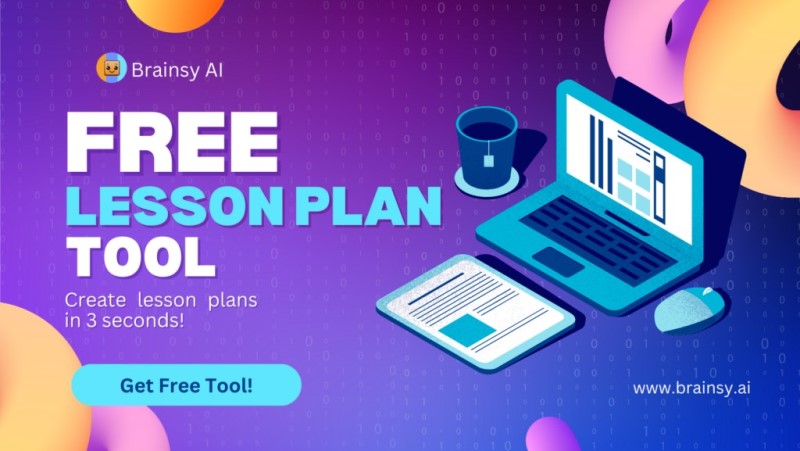
One way to compare these earning platforms is by examining their approach to personalization and adaptivity. Some platforms may leverage more advanced AI technologies to offer deeper levels of customization, while others might focus on a broader range of content and resources. Similarly, the extent and sophistication of interactive and immersive content can vary significantly between platforms, influencing the overall learning experience.
Empowering Educators: Evaluating Support Systems in AI Learning Platforms
Another critical comparison point is the platform’s support for educators and institutions. Some AI learning platforms are designed with a strong emphasis on empowering educators, providing AI tools for student progress, customizing content, and facilitating interactive learning experiences. Others may prioritize scalability and accessibility, focusing on reaching a wide audience with minimal educator intervention.
Case Studies: How Learning Platforms Have Improved Learning Outcomes
The transformative potential of AI learning platforms is best illustrated through case studies that showcase their impact on learning outcomes. In one instance, a school district implemented an AI learning platform to support personalized math instruction. The platform’s adaptive learning paths and real-time feedback led to a significant improvement in test scores, with students demonstrating a deeper understanding of math concepts and increased confidence in their abilities.
From Test Scores to Confidence: How AI Learning Platforms Are Revolutionizing Education
Another case study involves a language learning platform that uses AI to tailor lessons to the learner’s proficiency level and learning style. Users of the platform reported accelerated language acquisition, improved pronunciation, and a greater ability to communicate in real-life situations. These outcomes underscore the efficacy of these learning platforms in fostering not just academic success but also practical skills and confidence.
The Future of Learning Platforms in Education
Unveiling Personalization: Understanding AI Learning Platforms
The future of AI learning platforms in education is bright, with advances in AI and machine learning promising to further enhance their capabilities and impact. We can anticipate more sophisticated personalization, with AI algorithms predicting learning needs and adapting content in real time. The integration of augmented and virtual reality will make learning experiences even more immersive and engaging.
Exploring Interactive Experiences: Navigating the World of AI-Powered Education
Moreover, the future will likely see a greater emphasis on social and emotional learning, with these learning platforms incorporating features that support mental health, well-being, and the development of soft skills. The potential for AI to create more inclusive and equitable learning environments is immense, offering personalized support for learners with diverse needs and backgrounds.
Choosing the Best AI Learning Platform for Your Needs
Educator’s Guide to Selecting the Best AI Learning Platform
Selecting the best AI learning platform requires careful consideration of your specific needs and goals. For educators and institutions, it’s important to assess the platform’s compatibility with existing curricula, its ability to scale, and the level of support offered for implementation and ongoing use. For learners, factors such as the range and depth of content, the quality of the personalized learning experience, and the platform’s user interface and accessibility should be top of mind.
Navigating the Landscape: Key Considerations for Choosing an AI Learning Platform
Engaging with demonstrations, pilot programs, and user reviews can provide valuable insights into a platform’s effectiveness and suitability. Ultimately, the best AI learning platform is one that aligns with your educational objectives, enhances the learning experience, and supports the continuous improvement of learning outcomes.
Conclusion: Embracing the Power of AI in Education
Unveiling the Promise of AI: Redefining Education in the 21st Century
The journey through the world of AI learning platforms reveals a landscape rich with potential and promise. These platforms are not just transforming how we learn; they are redefining what it means to be educated in the 21st century. By personalizing the learning experience, making education more engaging and accessible, and supporting the continuous growth and development of both learners and educators, these learning platforms are truly revolutionizing education.
Embracing the Future: The Transformative Potential of AI in Education
As we look to the future, it’s clear that the power of AI in education will only continue to grow. Embracing this potential means not just adopting new technologies, but also reimagining our approach to learning and teaching. It means fostering a culture of innovation, curiosity, and lifelong learning. For educators, learners, and institutions ready to embark on this transformative journey, the possibilities are boundless.
Harnessing the Power of AI: Shaping the Future of Learning and Teaching
In this era of rapid technological advancement, the question is not whether AI will redefine education, but how we will harness its power to create a more inclusive, effective, and inspiring educational experience for all. The time to embrace the power of these learning platforms is now, and the future of education is brighter for it


